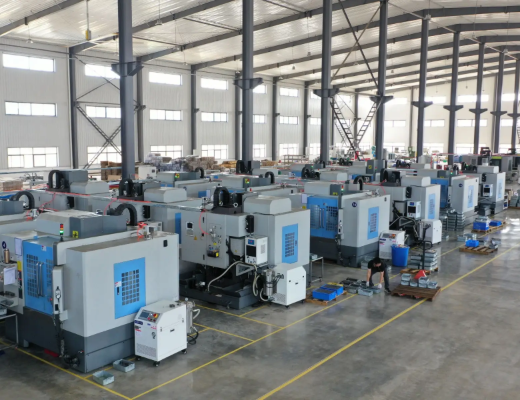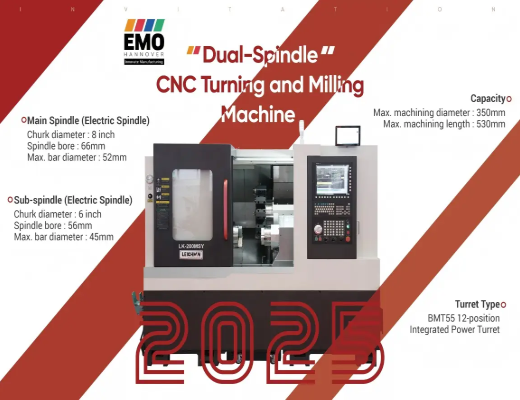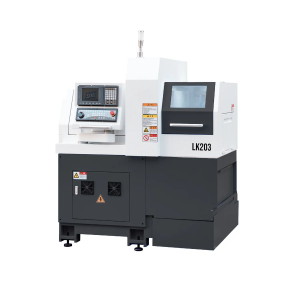CNC lathes have transformed the manufacturing industry, introducing a level of precision and efficiency previously unattainable with manual methods. For businesses aiming to optimize production, it’s essential to grasp the workings of CNC lathes and their significance among CNC lathe manufacturers. This article explores the fundamental mechanics of CNC lathes, their applications, and their advantages in modern manufacturing.
What is a CNC Lathe?
A CNC lathe is a computer-controlled machine tool designed to shape materials, primarily metals and plastics. Unlike traditional lathes that require manual operation and constant supervision, CNC lathes operate based on programmed instructions, allowing for automation in the machining process. This capability results in consistent precision and a significant reduction in human error.
CNC lathe manufacturers design these machines to handle complex shapes and intricate designs, making them essential tools in various industries. They provide the flexibility to produce parts with varying specifications, which is critical in today’s fast-paced manufacturing environment. Understanding the functionalities and features of a CNC lathe can help businesses make informed decisions when selecting equipment.
The Mechanics of CNC Lathes
The operation of a CNC lathe involves several critical components, including the spindle, tooling, and the control system. The spindle is responsible for rotating the workpiece, while the tooling—comprising various cutting tools—executes the shaping of the material. The control system interprets the programmed instructions, allowing the CNC lathe to perform precise movements based on the design specifications.
In the manufacturing process, the workpiece is fixed in place while the cutting tools move along various axes to achieve the desired shape. This automation is crucial, as it allows for intricate designs that would be challenging to accomplish manually. CNC lathe manufacturers prioritize high-quality components to ensure the machine’s durability and performance over time. For instance, the Leichman LK203 Swiss-type CNC lathe integrates advanced technologies that enhance both speed and accuracy, catering to the needs of modern manufacturers.
Applications and Advantages
CNC lathes find applications across diverse industries, including aerospace, automotive, and medical device manufacturing. The ability to create precise parts with tight tolerances is indispensable for high-performance applications. Manufacturers of CNC lathe machines are continually innovating to meet the growing demands for customization and efficiency.
The advantages of CNC lathes extend beyond precision. They offer enhanced flexibility, allowing for rapid changes between different production runs without significant downtime. This adaptability is crucial for manufacturers of CNC lathe machines who aim to cater to a wide range of client needs and preferences. By utilizing CNC lathes, businesses can swiftly respond to market demands, thereby maintaining a competitive edge.
In addition, CNC lathes can significantly reduce production costs over time. The automation of the machining process minimizes manual labor and speeds up production cycles, leading to higher output without compromising quality. For companies looking to optimize their operations, investing in CNC lathe technology is a strategic move that can yield substantial returns.
Elevating Manufacturing Efficiency
In summary, understanding how a CNC lathe works is essential for businesses aiming to enhance their manufacturing processes. As CNC lathe manufacturers continue to innovate, the capabilities of these machines will expand, providing manufacturers with increasingly efficient and precise solutions. For clients searching for reliable and high-performance equipment, partnering with established brands like Leichman can lead to significant advancements in productivity and quality. By investing in advanced CNC lathe technology, companies can position themselves for success in a competitive marketplace.










